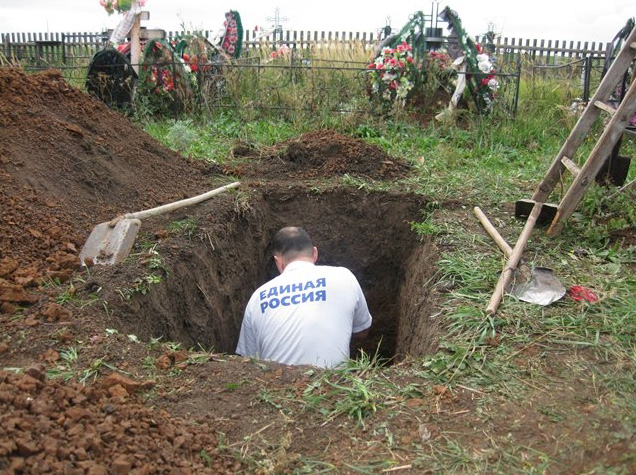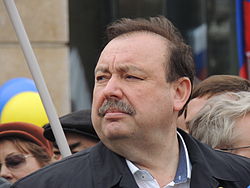
“There are achievements which it would be better not to have,” opposition Russian politician Gennady Gudkov says, and over the last two decades of Vladimir Putin, Russia has “achieved” ever more of these, something Russians should reflect upon when thinking about the current ruler and the future.
Among the worst, he says, is that Russia now leads or is near the top of countries in terms of the number of suicides and murders, deaths on highways, deaths from alcohol and drug abuse, and deaths from fires.

It also is a leader in child mortality rates, traffic delays in Moscow and bad roads there and elsewhere.

But the “anti-records” don’t stop there, Gudkov continues:
Russia has more domestic security officers than any other country and the third largest army.
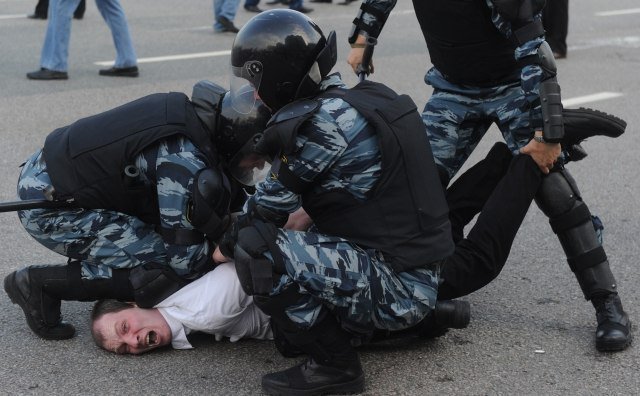
And it has “the most numerous” bureaucracy in the world, including two million in Moscow and “hundreds of thousands” more in the regions.
Symbolically, Russia now has “more generals in the police and the FSB” than do the next 20 countries combined.
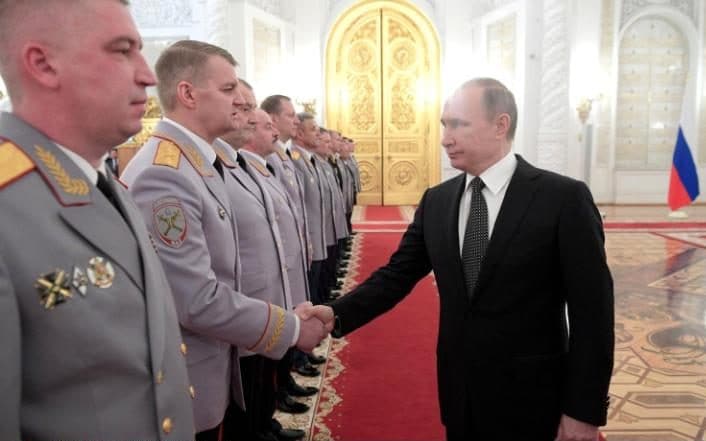
Russia is a leader in terms of corruption and occupied second place in terms of the number of dollar millionaires.
The economy under Putin has fallen from sixth place in the world to 15th and may soon fall further, and its per capita incomes rank it 76th in the world, far behind even Estonia, Latvia and Lithuania.

And Portugal, which Putin earlier promised Russia would “catch up and surpass,” now gives its poor citizens three times more than does Russia which officially has more than 23 million impoverished residents.
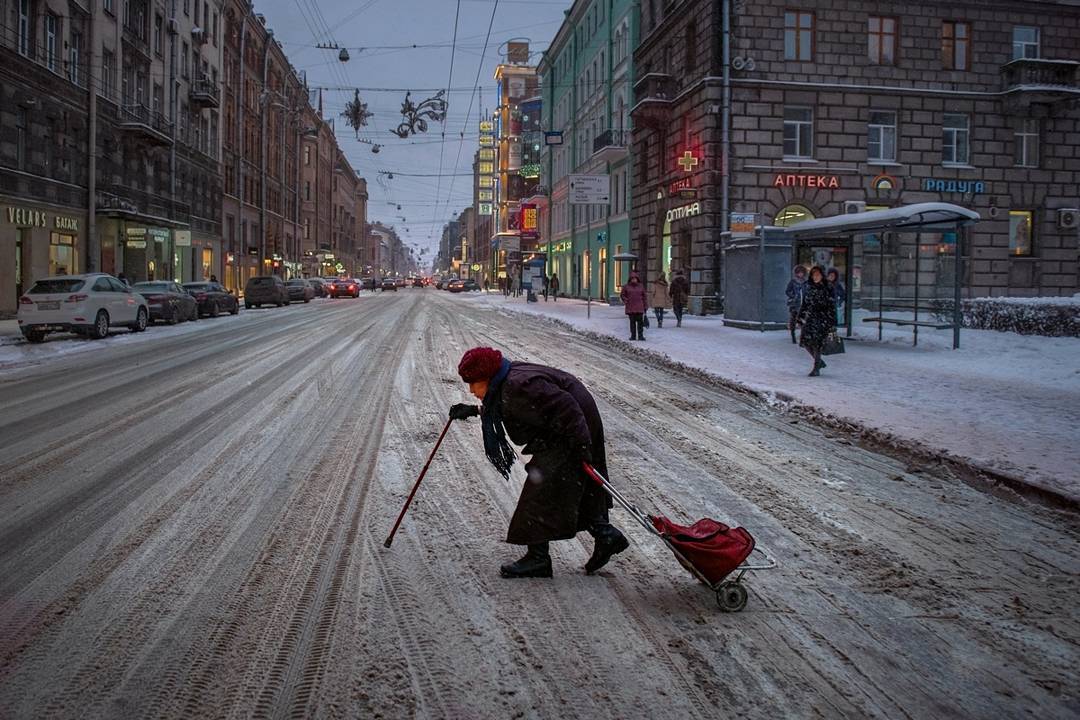
In terms of territory, Russia is far smaller in real terms than the map suggests. “Of the 17 million square kilometers of Russia, 12 million are COMPLETELY UNSUITABLE for living.” One can pump oil or mine there but not live. “Of the remaining five million, 1.5 million are PARTIALLY suitable for living. Only 3.5 million are comfortable” for permanent residence.
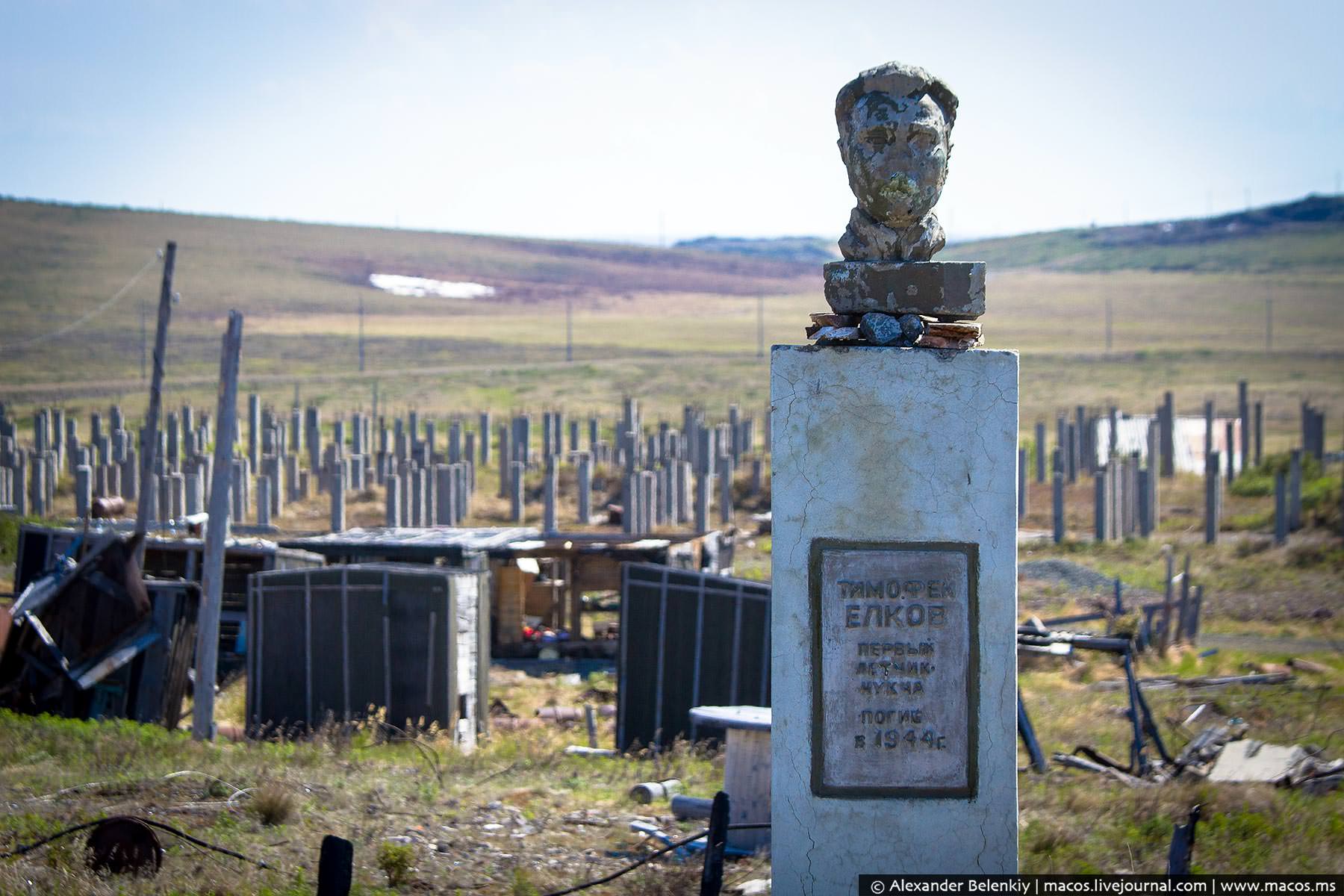
In terms of demographics, Russia is now the 11th largest country, after Pakistan and Bangladesh; but under Putin it is making further progress in its decline, Gudkov says, and soon will be “proud” of being in 17th or even 20th place.” The Russian population is aging, but rising mortality rates also mean that many in it don’t reach pension age.
Related:
- Russian experts: In 20 years, Moscow will have 35 million residents, a third of them Muslims
- How well off is the average Russian, anyway?
- Russia caught between economic decline and potentially explosive demographic change
- Russian regions in deep trouble: in most, only one household in five has money for more than food
- Demographic decline powering rise of dedovshchina in Russian and Belarusian armies
- Chinese to become second largest ethnicity in Russia, Moscow demographer says
- Russian aggression in Ukraine reflects major demographic considerations
- Putin’s Russian world seeks to offer others 12 unattractive values, Sytin says
- How well off is the average Russian, anyway?
- Putin has transformed Russia into a gigantic ‘Island of Dr. Moreau,’ Nemets says





